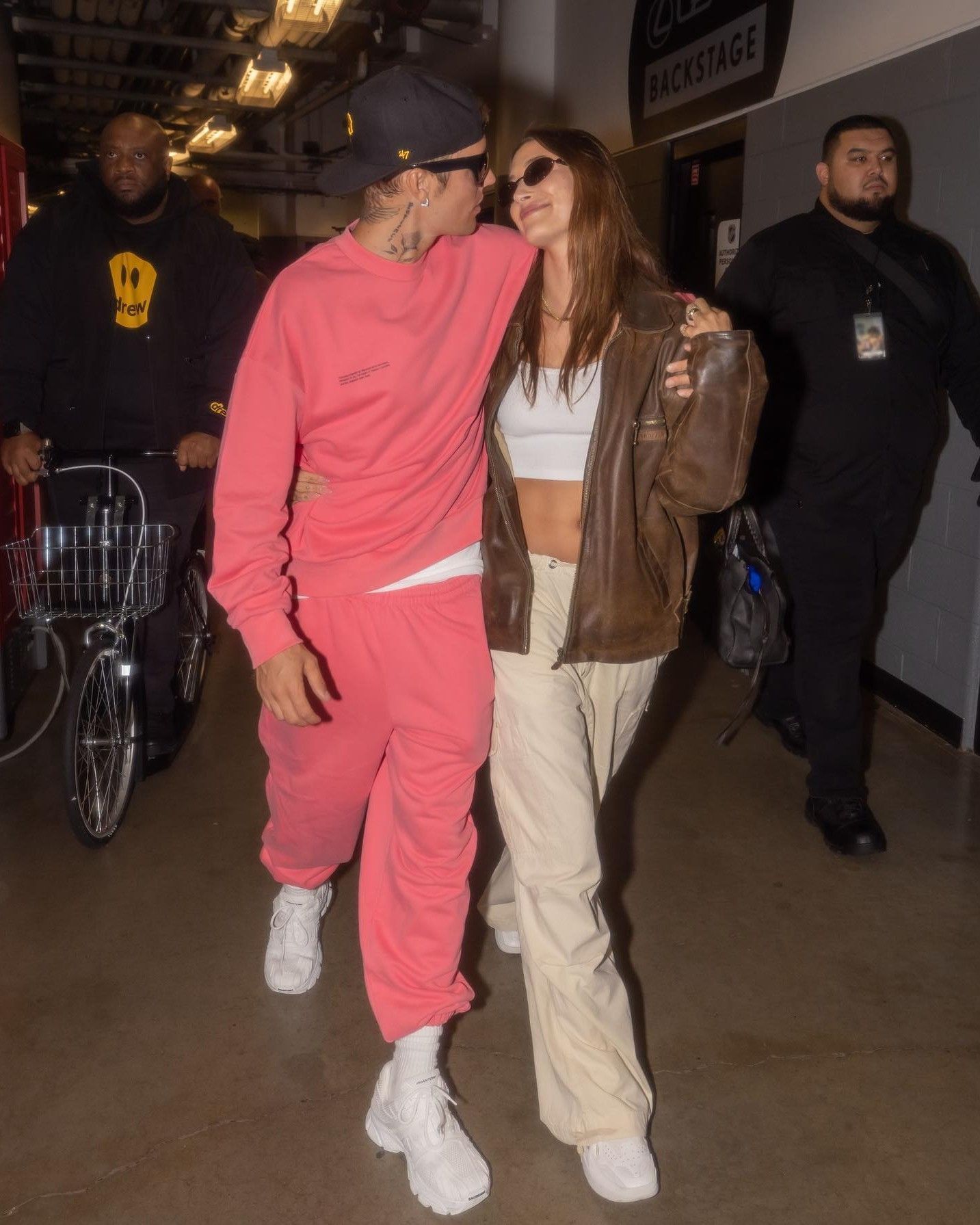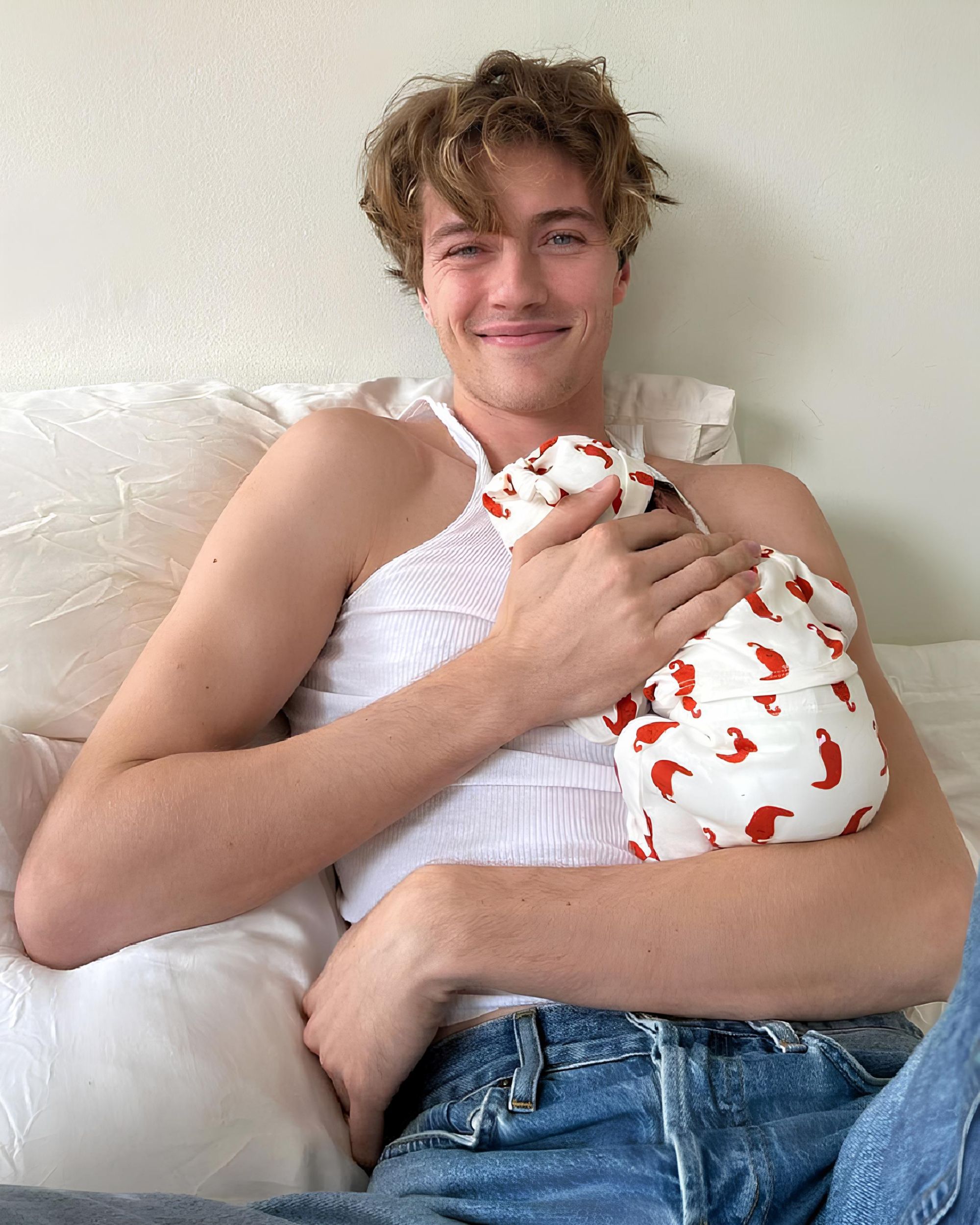
Can fashion still move beyond greenwashing? Interview with Eileen Akbaraly, founder of Made For A Woman

«Today, luxury means knowing that your purchase has helped improve someone’s life,» says Eileen Akbaraly, CEO and founder of Made For A Woman, a Madagascan brand founded in 2019 that has collaborated with brands like Fendi and Chloé. It's a notion of value measured not just by the price of a garment, but by the social conditions of those who made it. At a time when many brands speak of sustainability, ethics, and awareness, the gap between messaging and reality remains wide. In recent months, several cases have revealed how, behind the “green” narrative, the fashion system still operates with opaque and poorly traceable supply chains. This was evident at the end of April 2025, when the Milan Court placed Valentino Bags Lab Srl, controlled by Valentino Spa, under judicial administration due to serious supply chain irregularities. This case isn’t isolated: in 2024, Dior, Armani, and Alviero Martini also faced accusations of labor exploitation in the Italian supply chain, now resolved. Beyond the French maison, other LVMH brands were investigated last year for textile production abuses, especially due to the huge gap between raw material costs and retail prices. As the entrepreneur stated, «not only for those directly affected, but also because these episodes prove just how much work remains to make fashion truly ethical and fair».
@twinbrett Valentino are the latest brand to be placed under administration after a court ruling has found new reports of exploitation in their supply chain. Made in Italy has taken a bashing in recent months as more allegations of labour issues come to light. What was once the trademark of trust, quality and craftmanship is now losing meaning when attached to large luxury brands. #valentino #exploitation #supplychain #madeinitaly #sustainability #twinbrett #armani #dior #chinesefactory #valentinobags #fashionfactory #luxuryfashion original sound - Brett Staniland
The issue is fundamentally ideological: according to a Business of Fashion report, only 18% of fashion executives consider sustainability a strategic priority. This figure is reflected in recent operational decisions by brands like Burberry, which announced plans to cut 1,700 jobs by 2027 to save £100 million and focus on iconic products. Still, not all brands should be painted with the same brush — some act consistently without flaunting certifications. One such case is Rick Owens, who has long produced his collections in the province of Modena in collaboration with local artisans. Though he doesn't define his brand as “ethical,” Owens has launched concrete initiatives like a bio-based sneaker with Veja and the Eco-Aware line, proving that transparency can stem from action rather than marketing.
rick owens: "buy fewer clothes"
— gibby from icarly (@monolilium) March 22, 2025
interview from 2009 pic.twitter.com/kW0OW0eP4P
According to Akbaraly, every company holds an implicit responsibility toward all those involved in the production process, not just the end customer. «Only by putting people at the center can we rebuild consumer trust and truly change the rules of the game». Her slow fashion brand, Made For A Woman, founded in Antananarivo, Madagascar, proves that an alternative is possible. The heart of its production lies in raffia bags and accessories. The atelier involves over 350 craftswomen who make each piece by hand, preserving ancestral knowledge through gestures, stories, and passion, «transforming invisible labor into an active part of the creative process». Each artisan receives comprehensive support through the SHAPE model (social entrepreneurship, human-first, awareness, personal growth, and empowerment), which includes training, healthcare, psychological support, and childcare in a safe, community-based environment. «It wasn’t easy to build such a complete model, especially in a context like Madagascar where infrastructure and institutional support are often lacking,» Akbaraly explains. But, she adds, true sustainability starts with people: «We know that every product sold is not just an object: it’s a life transformed. And that gives meaning to every effort».
According to the entrepreneur, being transparent and responsible means «living and working with love for others. It’s an inner choice, born from a genuine desire to recognize and respect the dignity, value, and story of every person involved». Indeed, the atelier does not use subcontracting or opaque outsourcing, and each product is traceable via a QR code linking it to the story of the artisan who made it — their version of the digital passport. «We know that every product sold is not just an object: it’s a life transformed,» says Akbaraly. To ensure transparency across the entire production line, the brand is working on a certification project for Madagascan raffia in collaboration with the Ministry of the Environment and local conservation partners. «True transparency is not a marketing tool, but an ethical choice involving the entire creative and production process». In her view, it is only «by starting from the roots with honesty, responsibility, and respect for every element of the supply chain,» that fashion can truly regenerate itself.
Akbaraly’s commitment to supporting the textile supply chain has been recognized by brands like Fendi and Chloé, which have chosen to collaborate with Made For A Woman without compromising its identity, particularly in the production of raffia bags and accessories. «It was both a challenge and a huge growth opportunity: the luxury world has extremely high standards, tight deadlines, and specific expectations,» says Akbaraly. Nevertheless, she believes greenwashing is still rampant. In a sector where marketing often outweighs actual practices, transparency remains one of the clearest tools to assess whether a brand is truly sustainable. Telling stories is no longer enough — what’s needed are traceable actions, shared responsibility, and genuine care for those who make the products. And perhaps that’s exactly where the concept of luxury can truly evolve: from exclusivity to impact. Not just for the buyer, but for the maker too. Unsurprisingly, this is the very approach that earned Eileen Akbaraly a spot on the Forbes Africa 30 Under 30 list, among the continent’s most influential young leaders.



















































